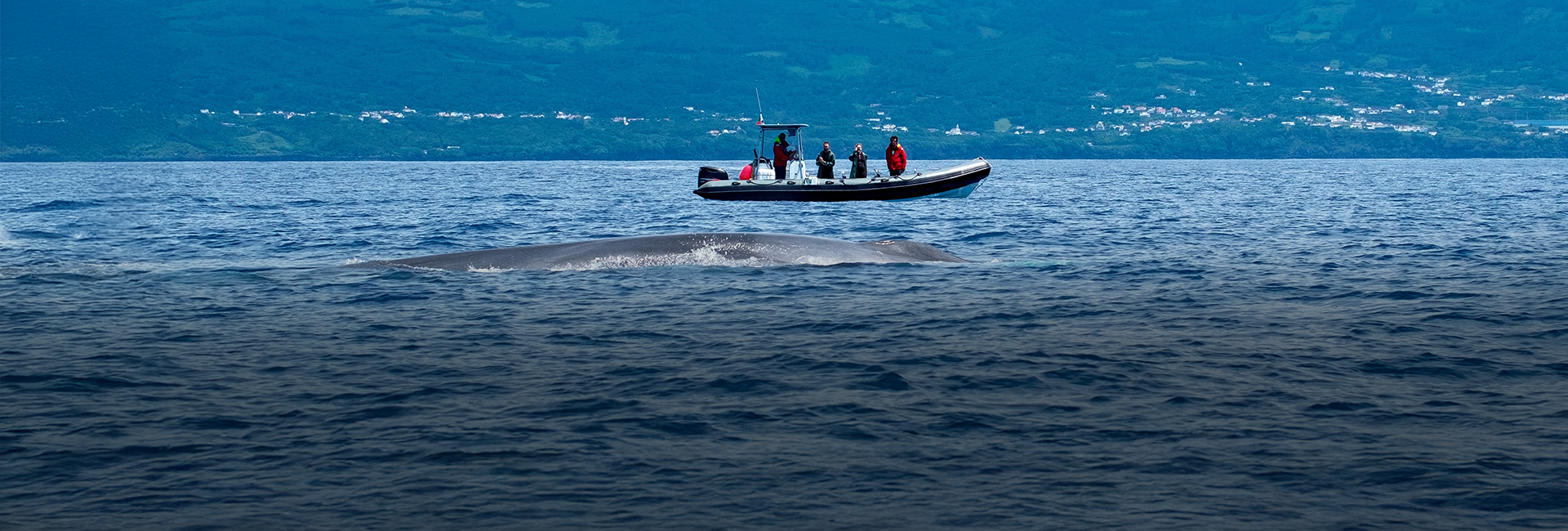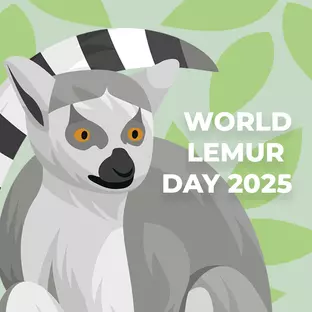World Whale Day, celebrated annually on the third Sunday of February, is an opportunity to honour these marine marvels and reflect on humanity’s evolving relationship with them. Once hunted to the brink of extinction, whales are now widely recognised as vital components of the marine ecosystem. Does the gradual phase-out of commercial whaling offer a potential case study of how industries that are no longer necessary or cause significant harm can be transitioned away from, providing valuable lessons for addressing today’s pressing environmental and ethical challenges?
THE SLOW DEMISE OF COMMERCIAL WHALING
Whaling was a thriving industry for centuries, providing oil, meat, and baleen for various uses. However, by the 20th century, overexploitation had driven many whale species to the edge of extinction. A growing awareness of their ecological importance, combined with public outcry and advocacy from conservationists, led to a turning point. In 1982, the International Whaling Commission (IWC) imposed a moratorium on commercial whaling, marking a significant step in protecting these creatures. While some countries continue to hunt whales under scientific or cultural exemptions, global whaling has dramatically declined.

Painting: Whaling Expedition by Abraham Storck
The transition away from whaling was not immediate, nor was it solely a matter of moral reckoning. It was supported by technological advancements and economic shifts. The rise of alternative energy sources, such as petroleum, rendered whale oil obsolete, and synthetic materials replaced baleen in manufacturing. Additionally, eco-tourism and whale watching provided sustainable economic alternatives for communities that once relied on whaling.
THE REMNANTS OF THE COMMERCIAL WHALING INDUSTRY
Despite the international ban on commercial whaling since the 1980s, there are still three countries, Japan, Norway, and Iceland, that continue to cling to an industry that the rest of the world has largely abandoned. This once-thriving trade has been in decline for years, yet Norway has paradoxically increased its whaling quota, even as domestic demand for whale meat remains virtually non-existent. Over a third of the catch is exported to Japan, showing the declining relevance of an industry that continues despite economic and ethical challenges. Iceland has also issued new permits allowing whaling for profit to continue until 2029, even though eating whale meat isn't popular or even traditional in the country. In fact, whale meat is usually consumed by tourists who believe they are sampling traditional dishes and experiencing the culture.
Interestingly, Japan's large-scale whaling industry, which began after World War II and came to a halt in 1986, resumed commercial whaling in 2019 under the justification of cultural tradition. After World War II, when food was scarce, whale meat accounted for 46% of the country's meat market. However, a recent survey reveals that 95% of people in Japan rarely or never eat whale meat today. This raises the question: if whale meat is no longer in demand, why does the hunting and trade persist?

Image Credit: Whale and Dolphin Conservation
While these three countries cling to commercial trade with little public interest, the rest of the world seems content without whale products. Unless Japan’s marketing campaigns successfully encourage more whale meat consumption, it is likely that commercial whaling will completely die out in the not-too-distant future. That is not to say all whale hunting will end - aboriginal subsistence whaling and special permit whaling are likely to continue for the foreseeable. Subsistence whaling, undertaken by Indigenous communities, is subject to quotas and is regulated by the International Whaling Commission. This practice occurs in Arctic regions such as Greenland (Denmark), Russia (Chukotka), and the United States (Alaska), along with Bequia, a small Caribbean Island in Saint Vincent and the Grenadines. This form of whaling recognises the rights of certain indigenous communities to hunt a limited number of whales to meet cultural and nutritional needs.
There are also whale hunts that fall outside the three major types of whaling, for instance, Grindadráp in the Faroe Islands, where around 800 long-finned pilot whales and various numbers of dolphins are killed each year. While these practices continue to generate controversy, they highlight the persistence of traditional hunting methods in certain regions. That being said - could it be that in time, these will also fade with a more health, welfare and environmentally conscious younger generation taking the reins? The toxicity in whale meat, including high mercury levels, is increasingly becoming a deterrent and has been at the forefront of arguments against whale meat consumption for many years.
APPLYING THE WHALING MODEL TO OTHER INDUSTRIES
Does the phasing out of commercial whaling offer a roadmap for addressing other industries that are no longer necessary or sustainable? Here are some key takeaways from the commercial whaling decline:
- Public Awareness and Advocacy Matter: Just as environmental activists and researchers exposed the consequences of whaling, public pressure can drive change in modern industries. Raising awareness about deforestation, fossil fuels, and factory farming can push governments and businesses toward ethical and sustainable alternatives.
- Economic Incentives Drive Change: Whaling declined as cheaper alternatives emerged. Governments and businesses must invest in sustainable alternatives, such as renewable energy, plant-based foods, and biodegradable materials, to replace harmful practices without causing economic collapse.
- Regulation and International Cooperation: The IWC’s moratorium showed that global agreements can be effective in addressing environmental harm. Similar international efforts are needed to regulate industries such as plastic production, unsustainable fishing, and carbon emissions.
- Empowering Affected Communities: Many whaling communities were able to transition to new livelihoods through eco-tourism. Governments and NGOs could support workers in shifting the focus of their livelihoods from exploitation to conservation.
LESSONS FOR THESE INDUSTRIES
The decline of the whaling industry demonstrates that harmful practices can be phased out through a combination of legislation, technological advancements, and shifts in public perception. Perhaps this model could be applied to other industries that exploit natural resources or animals in unsustainable ways.
For example, the fossil fuel industry faces growing pressure to transition toward renewable energy sources. Just as petroleum replaced whale oil, advancements in solar, wind, and electric energy could make fossil fuels obsolete. Similarly, industries that rely on deforestation, overfishing, or factory farming may see a gradual decline as alternatives become more viable and consumer preferences shift toward ethical and sustainable products.

The real takeaway from the decline of commercial whaling is the importance of economic incentives and viable alternatives. Many communities that once depended on whaling have successfully transitioned to eco-tourism, demonstrating that economic development and conservation can coexist. Pressure on governments and businesses to invest in sustainable industries and provide support for workers affected by these transitions is needed for the change to come to fruition.
Resistance to change often slows the decline of harmful industries, as economic dependence, political influence, cultural traditions, and high transition costs create barriers. Whaling persists in Japan, Norway, and Iceland despite low demand for whale meat, much like coal lingers due to job concerns and lobbying power. However, history shows that when economic incentives, regulations, and public pressure align, even deeply entrenched industries can fade, just as commercial whaling is gradually dying out.
WORLD WHALE DAY 2025
This year, World Whale Day falls on Sunday, February 16th. Originally, the awareness day materialised to celebrate the native humpback whales of Hawaii. Over the years, the campaign has developed internationally to celebrate all whale species and raise awareness of the numerous threats they face, as well as how we can reduce them. Today, whales face a barrage of threats, such as entanglement, pollution and climate change. Thankfully, the decline in commercial whaling is now a lower-level issue.

For us here at The Great Projects, World Whale Day serves as a reminder that humanity can evolve beyond exploitative and damaging practices. Suppose the lessons from commercial whaling’s decline are applied to today’s environmental and ethical challenges. In that case, we may see a future where industries that harm the planet and its inhabitants become relics of the past, or at the very least, are limiting their damage to the natural world.















will come 4th of july 2025